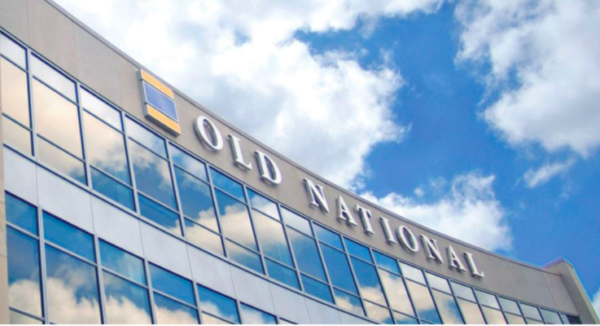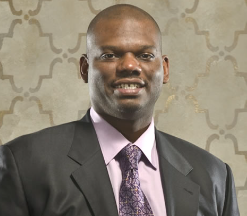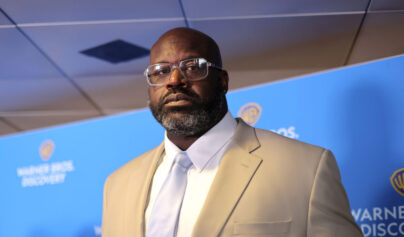One of the country’s largest financial institutions Old National Bank has agreed to settle a federal redlining court complaint. The largest financial services holding company headquartered in Indiana has agreed to lend out more than $27 million in loans to qualified Black applicants. It will also contribute more than $3 million to create programs to assist Black home seekers trying to secure mortgages and to invest in majority-Black neighborhoods.

The agreement calls for the bank to expand its lending opportunities to Black communities throughout the Indianapolis-Carmel-Anderson metropolitan area.
Between 2019 and 2020, Old National Bank approved more than 2,200 mortgage loans in the Indianapolis-Carmel-Anderson metropolitan area, but only 37 Black applicants were approved for mortgage loans while an estimated 91 percent of loan applications revealed the borrower’s race, found an investigation by Fair Housing Center of Central Indiana.
This settlement comes just three months after the financial institution was accused of discriminating against Black borrowers.
FHCCI filed a complaint against the financial institution in early October with the U.S. District Court Southern District of Indiana Indianapolis Division. The complaint was based on an investigation beginning in 2016 that focused on Old National Bank’s lending practices. The bank, founded in 1834, has more than 160 locations and assets of $23.7 billion.
Following the complaint, Old National Bank contacted FHCCI to reach an agreement that would repair past discriminatory practices. The agreement will remain in effect for three years, even though Old National does not admit to any wrongdoing in the settlement agreement, The Republic reported.
“The FHCCI and (Old National Bank) have created a guide for other financial institutions to address their own disparities and ensure fair lending opportunities for all,” Amy Nelson, executive director of the FHCCI, said in a press release.
The bank, looking to avoid a court proceeding, reached out to FHCCI to settle.
“Litigation is very expensive, time-consuming, and could rely on judges’ decisions,” Nelson told The Indianapolis Star. “We felt this resolution was good and could get Old National Bank on a path that would ensure any violations we had were being addressed.”
How the Settlement May Benefit Black Bankers
Old National Bank’s settlement terms have been characterized as “robust” by FHCCI officials in its reach and mission to support Black residents in becoming homeowners. In the settlement, Old National Bank has agreed to expand its banking products to Black borrowers and support community-based organizations’ efforts to increase homeownership initiatives.
Old National Bank is also launching the Special Purpose Credit Program. Under this initiative, the bank will originate a minimum of $20 million in single-family purchase loans over a three-year period. These mortgages will be in predominantly Black communities in Indianapolis.
In addition, Old National Bank will extend $7.5 million in loans for the development of affordable multifamily housing developments and an additional $1.3 million in grants to community development corporations and organizations serving majority-Black neighborhoods.
To repair past discriminatory mortgage practices, Old National Bank will launch a $1.1 million loan subsidy fund in predominantly Black neighborhoods. That would include two mortgage loan officers and one community outreach specialist to be present in Black communities throughout Indianapolis and the surrounding areas.
Opening Branches in Black Communities
Old National Bank will open two more branches in predominantly Black neighborhoods. As part of the original complaint, it was noted that in 2010 there were six branches located in communities that were at least 25 percent Black, according to census data. Yet by 2021, there were only two branches open in Black communities.
Continuing Assessment
Finally, the financial institution will hire an independent, third-party consultant that will assess the existence of redlining practices present in markets to include Fort Wayne, Evansville, Louisville and Minneapolis.




